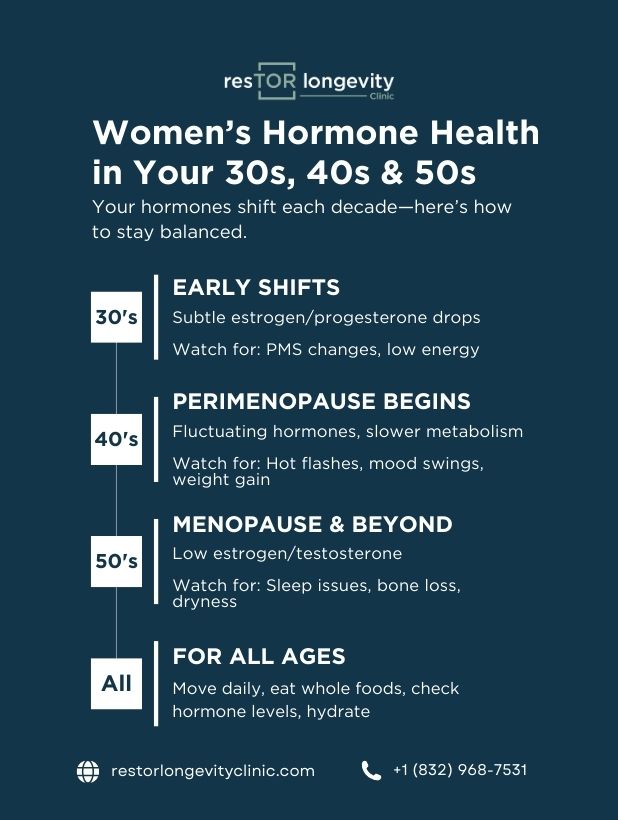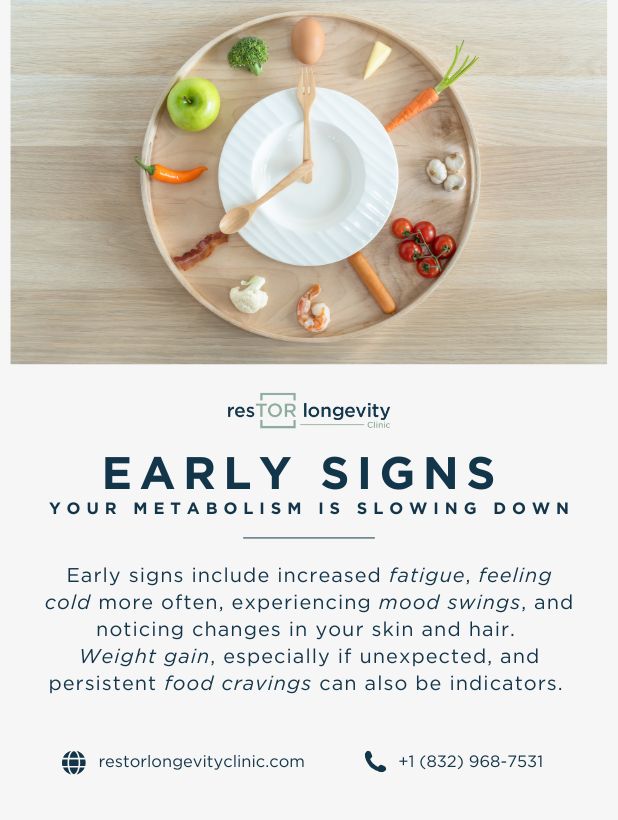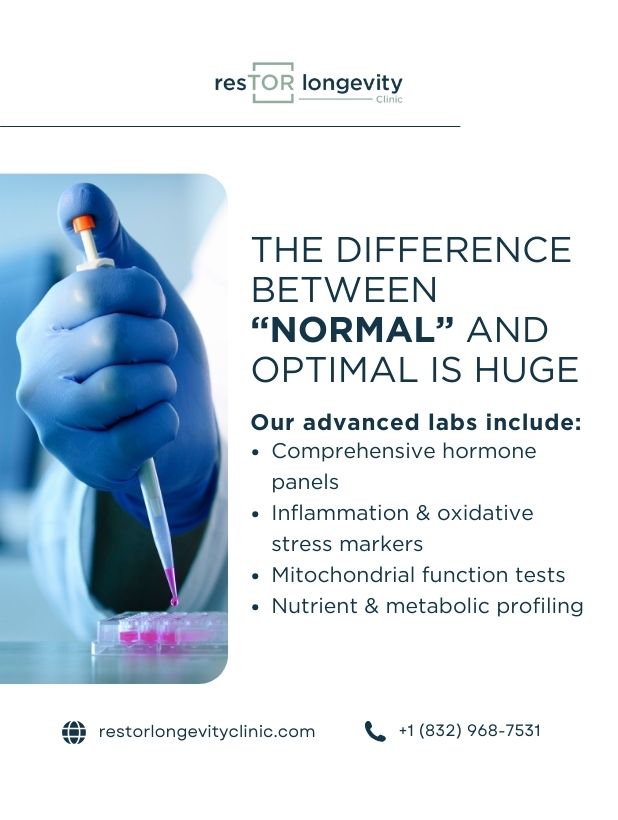Did you know that balanced hormones can transform your energy, mood, and overall vitality at any age? Many women in their 30s, 40s, and 50s experience hormonal fluctuations that impact their lives significantly, yet they often attribute their feelings of exhaustion or irritability to stress or just getting older. This blog post delves into the essential roles hormones play in women's health, offering insights on how to achieve hormonal balance. In this comprehensive guide, we will explore the different hormones affecting you, signs of imbalance, lifestyle adjustments, and how to embrace this phase of life with renewed strength and energy.
Understanding Hormones and Their Impact on Women
Hormones are chemical messengers that play crucial roles in various bodily functions, including metabolism, mood regulation, and reproduction. For women, estrogen, progesterone, and testosterone are among the most influential hormones.
Estrogen is vital for reproductive health and influences bones, mood, and heart function. Progesterone helps prepare your body for pregnancy and regulates your menstrual cycle. Testosterone, although often associated with men, is essential for women's health as well, influencing muscle strength, libido, and energy levels.
Understanding each hormone's function helps identify how they contribute to overall well-being and how imbalances can lead to several health issues.
Common Hormonal Imbalances in Women
As women enter their 30s, 40s, and 50s, they might notice several symptoms that can be attributed to hormonal imbalances:
- Weight gain: Often stemming from a decrease in metabolic rate due to changing thyroid hormones or lowered estrogen levels.
- Mood swings: Fluctuations in estrogen and progesterone can lead to increased anxiety, depression, or irritability.
- Fatigue: Chronic fatigue can arise from hormonal shifts affecting energy production and overall motivation.
- Sleep disturbances: A decrease in hormone levels can disrupt sleep patterns, leading to insomnia or less restful sleep.
- Changes in libido: Fluctuating testosterone levels can lower libido, causing additional emotional distress.
Recognizing these signs can be the first step toward reclaiming a balanced life. Rather than accepting discomfort as a byproduct of aging, proactive measures are essential.
Steps to Achieve Hormonal Balance
Achieving hormonal balance requires a holistic approach, focusing on diet, exercise, sleep, and self-care.
1. Optimizing Nutrition
A well-balanced diet is the cornerstone of hormonal health.
- Include healthy fats: Avocados, nuts, seeds, and fatty fish can support hormone production and balance.
- Prioritize whole foods: Minimize processed foods to reduce the intake of added sugars and refined carbohydrates that can cause insulin spikes.
- Hydration: Staying hydrated supports metabolic functions and detoxification.
- Consider phytoestrogens: Found in soy products, balsamic vinegar, and flaxseeds, phytoestrogens can help modulate estrogen levels.
2. Regular Exercise
Exercise not only combats weight gain but also boosts mood and energy levels. Strength training is crucial, as it helps maintain muscle mass, while aerobic exercises enhance cardiovascular health.
- Aim for at least 150 minutes of moderate-intensity aerobic activity each week.
- Integrate flexibility and balance exercises to prevent injury and promote functional movement.
3. Prioritize Sleep Quality
Sleep disturbances are common during hormonal transitions. To enhance sleep quality:
- Establish a regular sleep schedule.
- Create a calming bedtime routine, avoiding screens and stimulating activities.
- Consider natural supplements for sleep, like melatonin, if necessary (consult your doctor first).
4. Manage Stress
Elevated cortisol due to stress can exacerbate hormonal imbalances. Techniques to manage stress include:
- Mindfulness practices like meditation and yoga.
- Engaging in hobbies that bring joy.
- Spending time in nature or practicing deep breathing techniques.
5. Seek Professional Help
If you continue to experience symptoms despite lifestyle changes, it may be beneficial to consult a healthcare professional experienced in hormone health. They can provide:
- Comprehensive health assessments, including blood tests for hormonal levels.
- Tailored interventions, from nutritional counseling to hormonal therapies, depending on individual needs.
Key Hormonal Health Considerations for Every Decade
In Your 30s: You're likely experiencing a gradual decline in estrogen and progesterone. This can lead to increased stress and potential weight gain. Now is the time to prioritize your well-being by balancing hormones through diet and lifestyle.
In Your 40s: Perimenopause may begin, marked by significant hormonal fluctuations. Symptoms like hot flashes, irregular periods, and mood swings may surface. Understand the importance of maintaining a healthy lifestyle and seeking help for managing these changes.
In Your 50s: As you transition to menopause, estrogen levels drop significantly. While this change can lead to symptoms like vaginal dryness and potential osteoporosis, it is essential to focus on maintaining bone density and cardiovascular health through nutrition and exercise.



